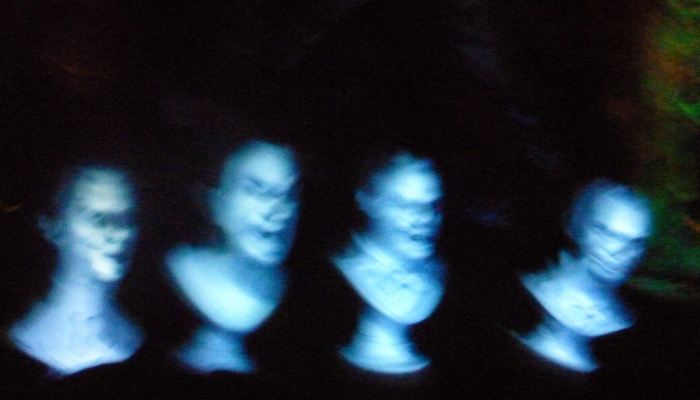
Image: "John Paul DeJoria" by Gage Skidmore is licensed under CC BY-SA 2.0.
John Paul DeJoria is the billionaire founder of the Paul Mitchell hair products line and Patrón Tequila. DeJoria's journey from working out of the back of his car to billionaire status underscores the power of grit, resilience and the unwavering belief in one’s ability to sell. His career, marked by achievements in the beauty and spirits industries, is an inspiring tale for any salesperson.
Early Struggles and Sales Beginnings
Born in 1944 in Los Angeles, DeJoria faced adversity from an early age. His parents divorced when he was two years old. His single mother was unable to support her children and DeJoria was sent to a foster home until he was nine years old, at which point he was returned to his mother. At nine, he began selling Christmas cards and newspapers to help his mother pay the bills. This early experience in sales laid the foundation for his future success, instilling in him the importance of persistence and customer connection.
After high school, DeJoria enlisted in the Navy and held various jobs post-service, including janitor, door-to-door encyclopedia salesman, and insurance salesman. In each role he honed his sales skills, learning the critical aspects of approaching customers, handling rejection, and understanding market needs.
Founding John Paul Mitchell Systems
DeJoria's big break came when he co-founded John Paul Mitchell Systems in 1980 with hairstylist Paul Mitchell. With just $700, they launched their first product, a single hair care system. Despite the odds, including a lack of funds and market saturation by established brands, DeJoria’s sales acumen shone through.
DeJoria's approach was innovative. He understood the importance of brand differentiation and emphasized the unique selling propositions of their products, such as being environmentally friendly and using high-quality ingredients. His ability to articulate these benefits convincingly to salon owners and distributors was pivotal. DeJoria positioned his products as luxury. During live demonstrations, he always made sure that he held his product like it was a precious gem, not just a bottle of shampoo. He held training sessions for stylists at salons that stocked his products on how to position the products as luxurious and exclusive. Simply by stocking Paul Mitchell products, salons could get the extra benefit of communicating to customers that they were a high-end salon. He also gave out free samples, allowing salons to experience the product firsthand, and always promised that if the salon wasn’t happy with the purchase, he would come back and give them a full refund. As his business grew, he began hiring a national sales force.
Paul Mitchell sales reps would typically walk into multiple potential distributors every day to pitch their products. As a way to teach his team how to sell like him, DeJoria would often go on sales calls with newly hired sales reps, spending an entire day with them. In the morning DeJoria would give the sales pitches himself, allowing the rep to watch and learn how to best interact with potential customers and showcase the product, by the afternoon the rep would be giving the presentations themselves, with DeJoria sitting quietly in the background.
Diversification into Patron Spirits Company
But DeJoria didn't just stop at the beauty industry. In 1989, he co-founded Patrón Spirits Company after recognizing an opportunity to elevate tequila's status in the market. At the time, tequila was often viewed as a low-end spirit, but DeJoria saw the potential for a premium brand.
Once again, DeJoria’s sales prowess was key. He defined Patron’s image, focusing on quality and a sophisticated branding strategy. By targeting high-end restaurants, bars, and clubs, DeJoria positioned Patron as a luxury product. His ability to understand market gaps and leverage premium positioning transformed Patron into one of the most recognized and respected tequila brands in the world.
A key lesson from DeJoria’s career is the power of personal belief and a passion for sales. He believed wholeheartedly in the quality of his products, and this conviction was evident in every pitch he made. His passion was contagious, often converting skeptics into loyal customers. DeJoria is not only one of the most famous salespeople in the world, he is something of an ambassador for the profession, extolling the ability of sales to change people’s lives.







